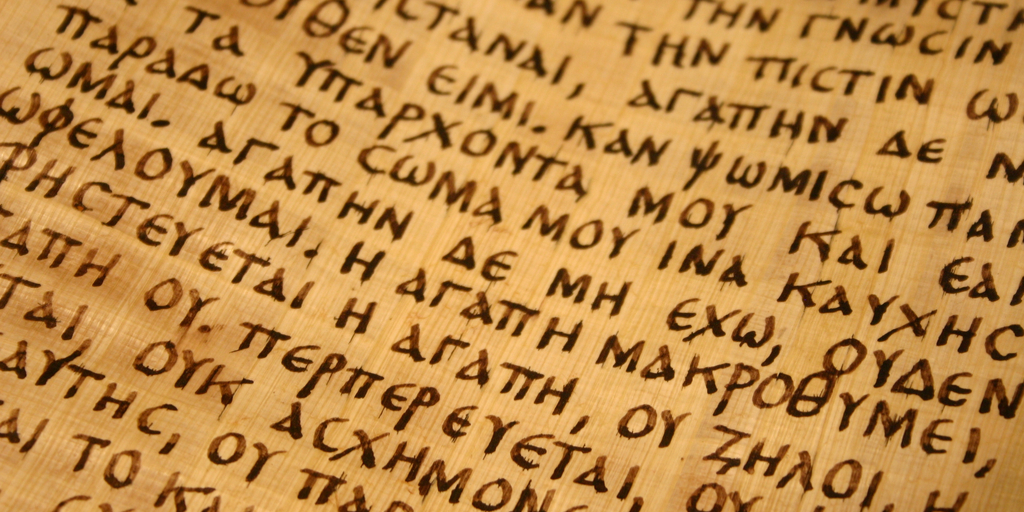The Form of God

“Who, being in the form of God, thought it not robbery to be equal with God: but made himself of no reputation, and took upon him the form of a servant” (Philippians 2:6,7).
Since “God is a Spirit” (John 4:24), “invisible” (1 Timothy 1:17), “whom no man hath seen, nor can see” (1 Timothy 6:16), it is natural to inquire what is meant by “form” in reference to God.
When we use the English word “form,” we usually think in terms of shape. But even in English this is not its sole meaning. It also refers to a combination of qualities that make something what it is; a particular way of being that gives something its nature or character.
The Greek word for form is morphe. It does not have the meaning of mere outward appearance. Morphe denotes what is special or characteristic of a person or thing; the essence or inherent quality of a thing. Morphe is properly the nature or essence actually and permanently subsisting in an individual.
“Who, being [or better, subsisting] in the form of God” refers to the absolute, pre-existing, and unoriginated deity of Christ. Our Lord existed in the form of God from all eternity. No creature could exist in the form of God. Only God could exist in the form of God.
Being equal with God, He chose to take a place of subjection by assuming a servant form in order to do His Father’s will. To do so, He emptied Himself (“made Himself of no reputation”). That is, He divested Himself of His divine prerogatives, or rights, but did not divest Himself of His deity.
In becoming man, though He voluntarily took upon Him the form of a servant (all that is essential to the character and nature of a servant), He never ceased to be divine. He did not relinquish divine reality but veiled the manifestation of it.
Equally God, He deigned to become a servant. Had He not been God in His own being, there would not have been any humiliation (“humbled Himself”) in becoming a servant. Since only our sovereign God could leave His first estate (for it is a sin for any creature to do so), His humiliation is proof that He is God. The eternal Son of God could not cease to be what He always was and always will be. Deity is immutable! Our Savior subsisted in the form of God from eternity. At His incarnation, He began to exist in the form of man and continued to subsist in the form of God.
Had He emptied Himself of His essential attributes of deity, He would have ceased to be God. He laid aside, for a time, the manifestation of His majesty and the visibility of His glory. It is impossible for our Lord to have emptied or divested Himself of His intrinsic and essential being, “For in Him dwelleth all the fulness of the godhead bodily” (Colossians 2:9).




